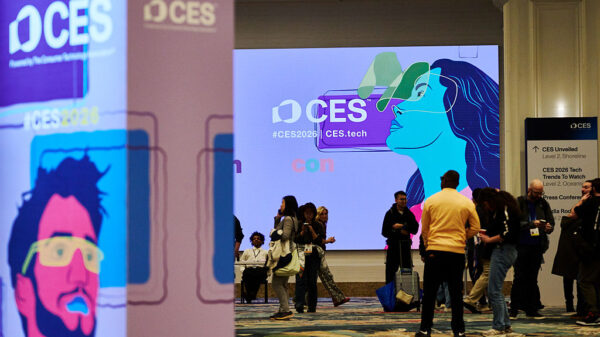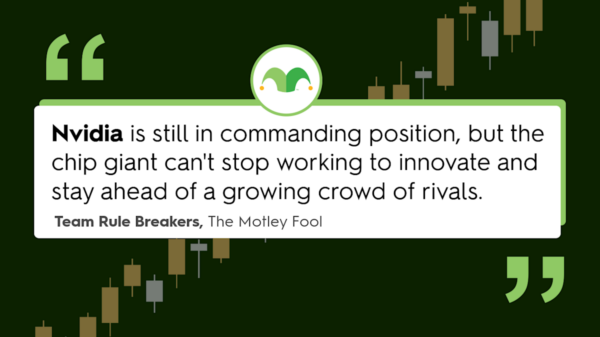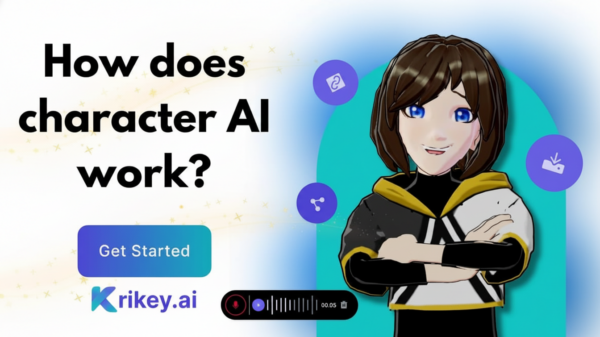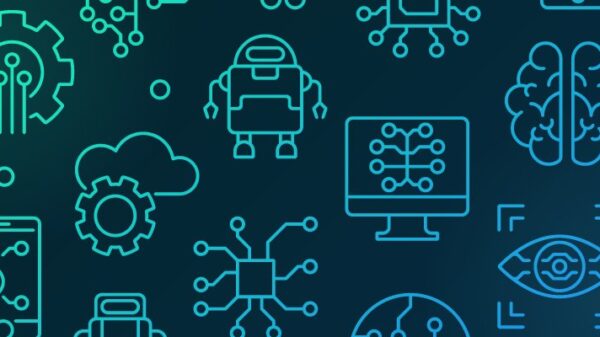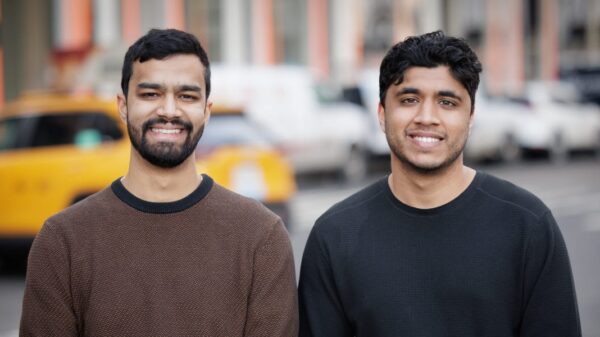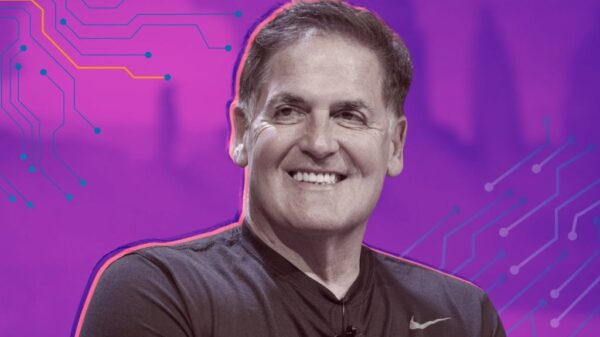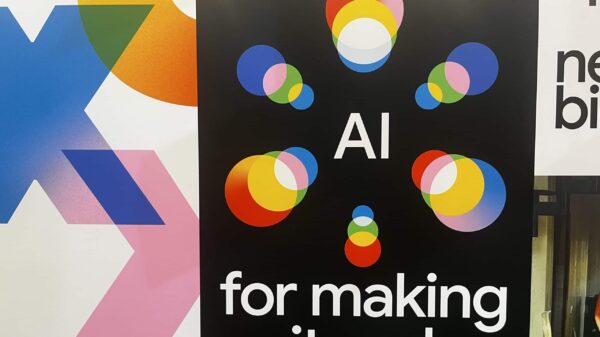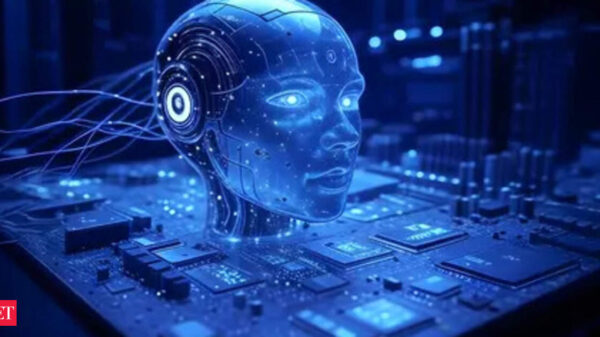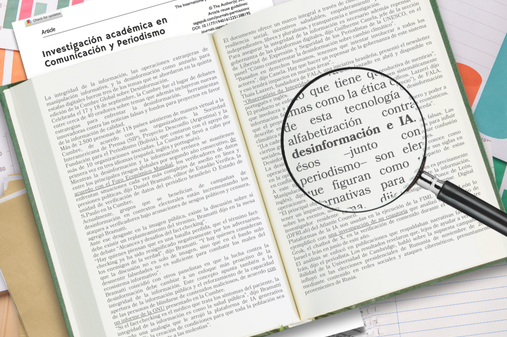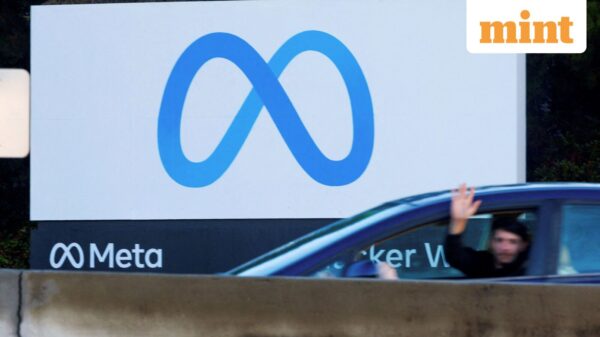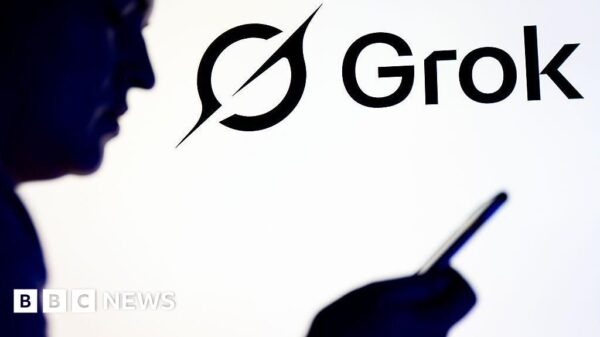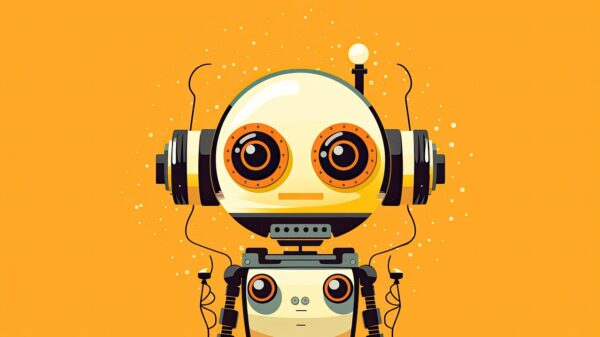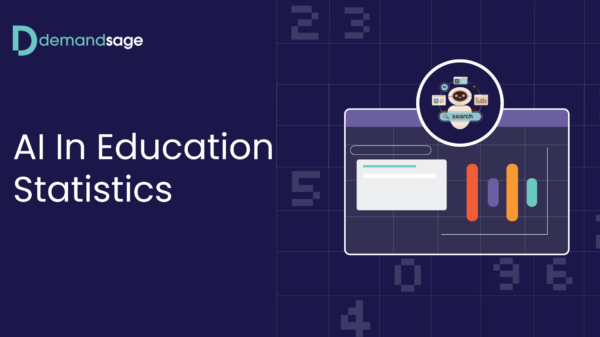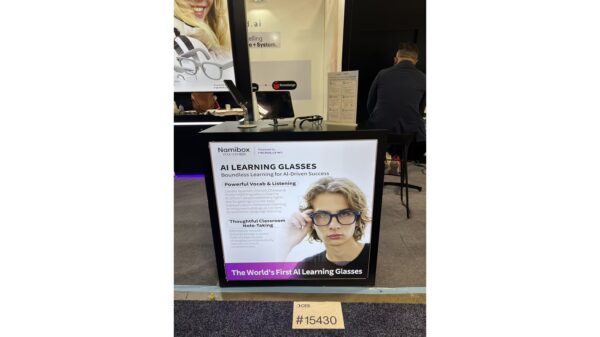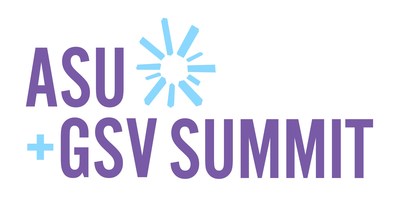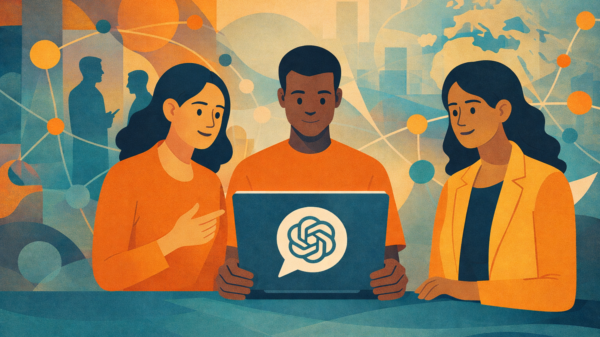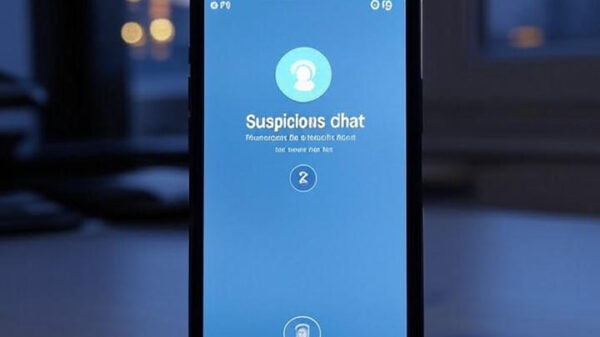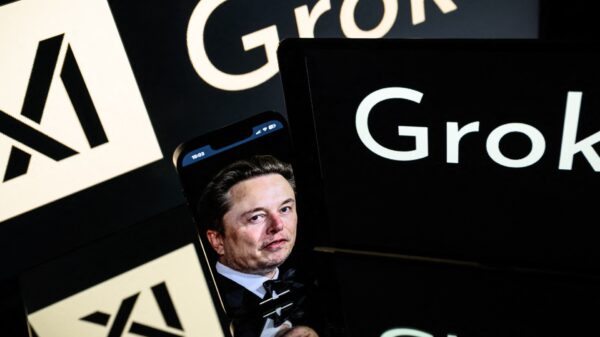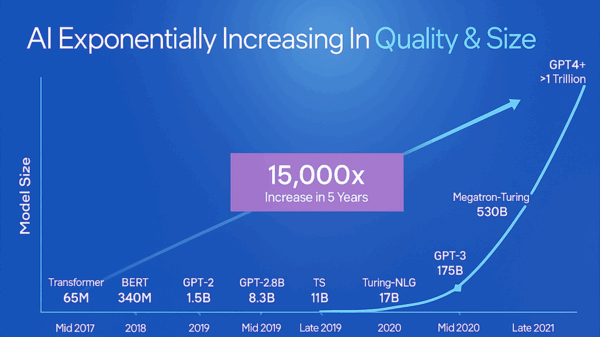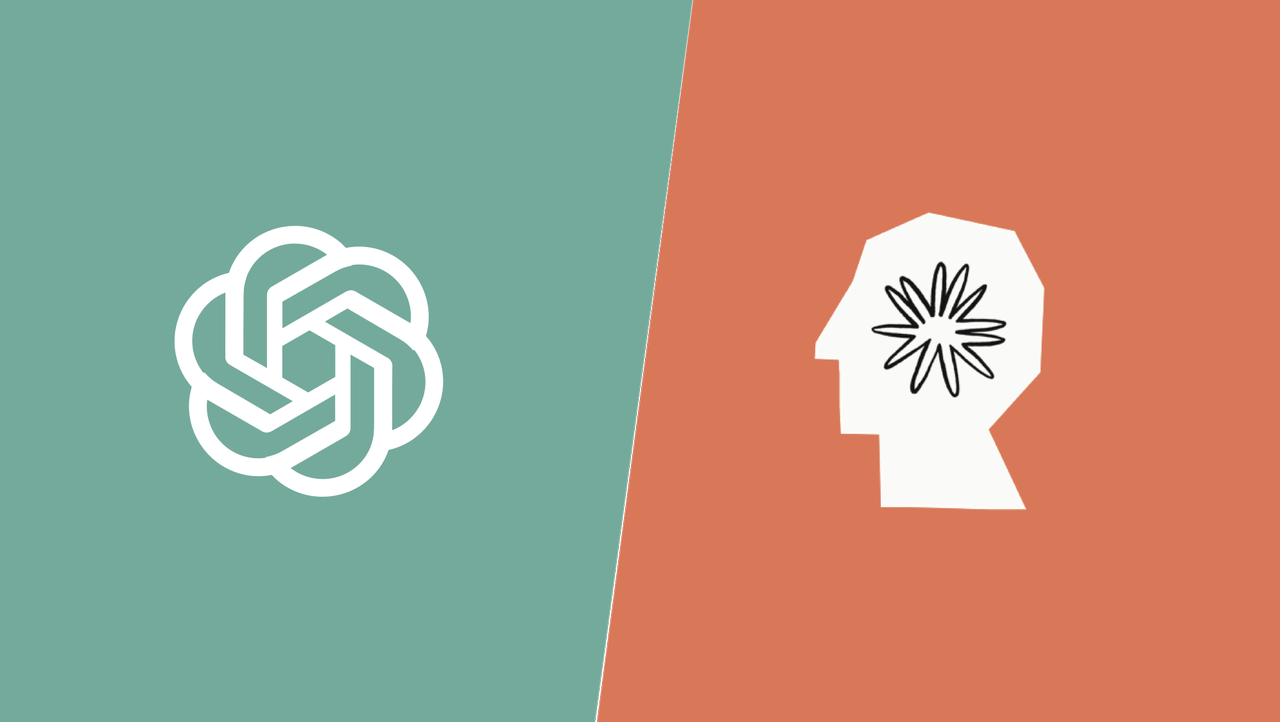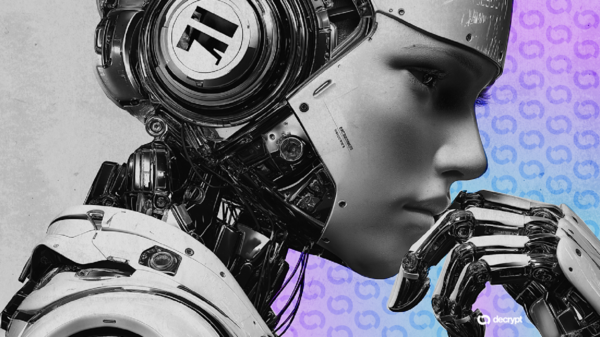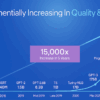In a recent exploration of personality capabilities in artificial intelligence, ChatGPT and Claude have emerged as two leading contenders. The latest versions, GPT-5.1 and Claude 4.5 Sonnet, both offer customizable personality settings designed to enhance user interaction. To determine which model excels in delivering a relatable and effective response, seven distinct personality-focused prompts were tested.
The first scenario involved providing comforting advice to someone experiencing difficulties at work. In this instance, ChatGPT adopted a warm and empathetic tone, addressing the user directly and offering actionable suggestions. Claude, on the other hand, expressed sympathy and engaged in a conversational manner, asking questions to delve deeper into the user”s feelings. While both models performed admirably, ChatGPT edged out with a balance of emotional resonance and practical advice.
The second test assessed their educational capabilities with a prompt on photosynthesis. ChatGPT took a storytelling approach that, while engaging, occasionally strayed from clarity. In contrast, Claude provided a more structured and straightforward explanation, making it easier for users unfamiliar with the topic to grasp the fundamentals. Thus, Claude was declared the winner for its clarity.
Next, both models were tasked with engaging in a sarcastic exchange. ChatGPT”s responses leaned toward existential musings rather than wit, making it feel more melancholic. Claude, however, embraced sarcasm with clever remarks, showcasing a sharper sense of humor and a more relatable voice, leading to its victory in this round.
In a professional context, the two were asked to draft a company-wide letter addressing growth plans. ChatGPT struck the right balance between professionalism and engagement, while Claude”s approach included unnecessary details, which detracted from its effectiveness. Consequently, ChatGPT was recognized as the superior option for this task.
When tasked with creating an imaginary holiday, both models displayed creativity. ChatGPT proposed a unique festival celebrating unfinished projects, while Claude introduced a holiday focused on expressing kind thoughts. Claude”s vivid descriptions and playful tone earned it the win in this round.
The sixth test required concise planning for a dinner party. ChatGPT provided a detailed step-by-step guide, whereas Claude presented a streamlined bullet-point list. Claude”s clarity and brevity resonated well, making it the preferred choice for users seeking straightforward advice.
Finally, both chatbots were asked to provide candid criticism regarding focus and distraction issues. ChatGPT delivered a supportive yet direct response, probing for deeper insights, while Claude offered useful suggestions but lacked follow-up questions. This engagement led to ChatGPT being favored for its willingness to explore the issue further.
In summary, while both ChatGPT and Claude demonstrated impressive abilities in adapting their responses to fit various personalities, Claude often excelled in embodying the requested traits more fully. Nevertheless, ChatGPT displayed a greater depth of understanding in emotionally charged situations. This analysis highlights the evolving landscape of AI interactions, as both models strive to enhance user experience through personalized engagement.
See also Rethink Your Presentations with OnlyOffice: A Free PowerPoint Alternative
Rethink Your Presentations with OnlyOffice: A Free PowerPoint Alternative OpenAI Enhances ChatGPT with Em-Dash Personalization Feature
OpenAI Enhances ChatGPT with Em-Dash Personalization Feature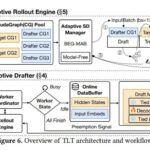 MIT Team Reveals TLT System, Boosting Reasoning RL Training Speed by 1.7x
MIT Team Reveals TLT System, Boosting Reasoning RL Training Speed by 1.7x Generative AI Needs Traditional Machine Learning for 95% Accuracy in Business Decisions
Generative AI Needs Traditional Machine Learning for 95% Accuracy in Business Decisions BNX Payments Launches BNX AI: Free, Registration-Free Image Generation for All Users
BNX Payments Launches BNX AI: Free, Registration-Free Image Generation for All Users
